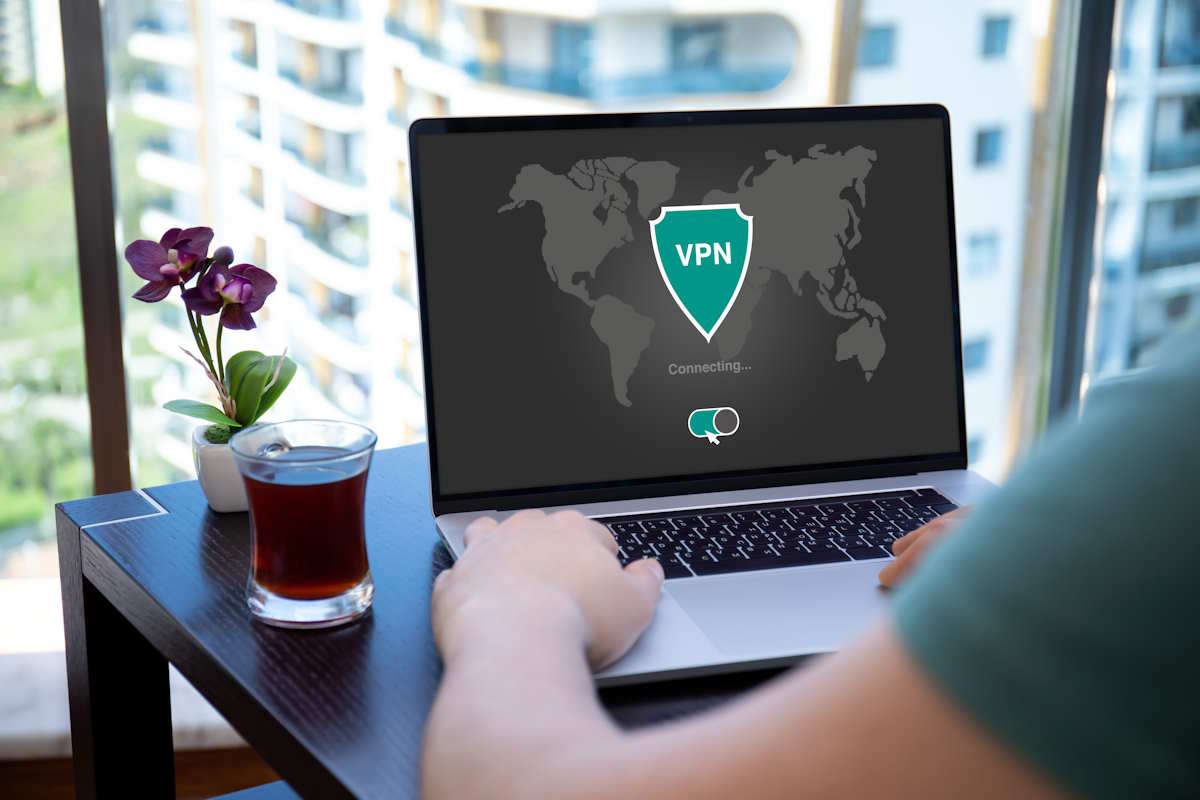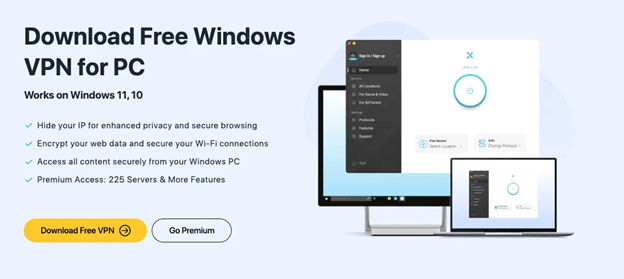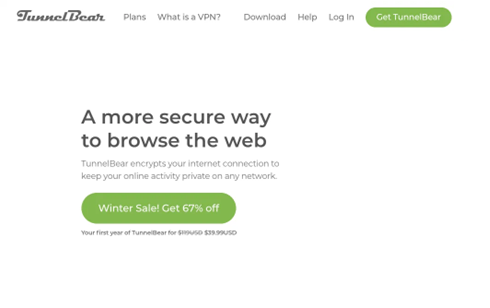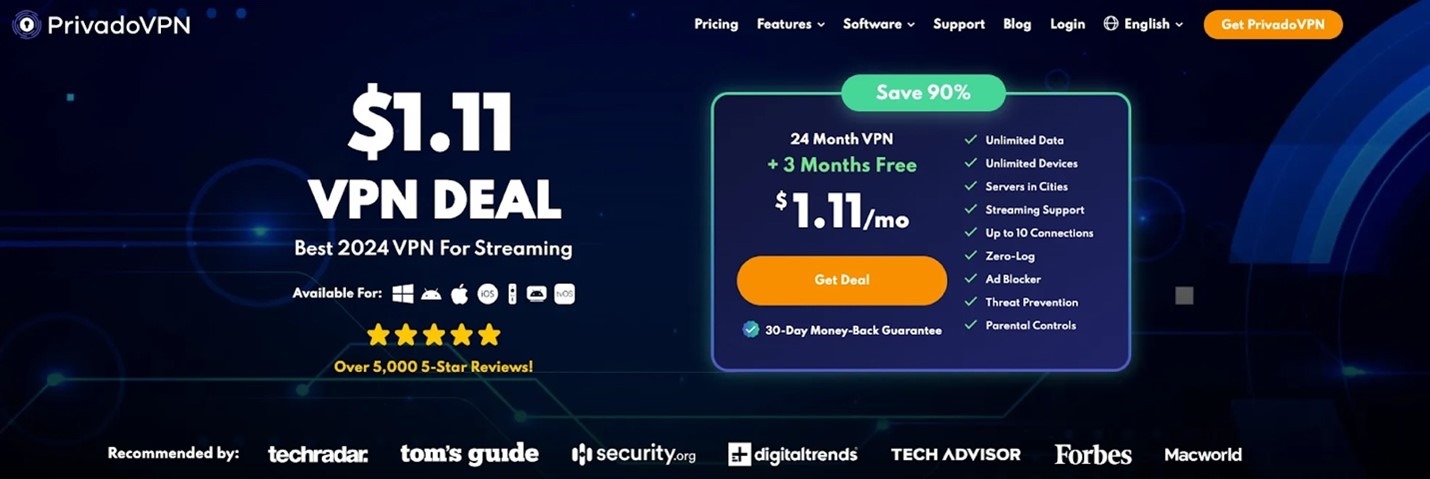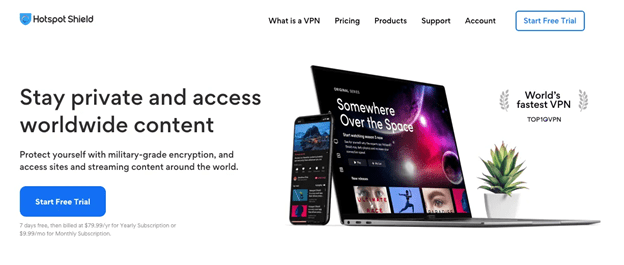The best ISP proxies offer users an unmatched blend of legitimacy and routing control. These proxies use IP addresses sourced directly from internet service providers rather than data centers, simulating the browsing behavior of real residential users. As detection systems grow more advanced, the demand for proxy networks that behave like everyday consumer connections continues to rise. Whether you’re managing sensitive scraping tasks, testing digital advertising flows, or verifying regional content delivery, the best ISP proxies are essential for avoiding blocks and capturing accurate data.

Because these IPs are routed through commercial ISPs, they carry the same trust signals as those used by consumers. This difference makes the best ISP proxies a cornerstone of reliable web access strategies in high-risk or performance-critical environments.
Defining the Best ISP Proxies in 2025
ISP proxies occupy a distinct category within the proxy ecosystem. Unlike rotating residential proxies or static datacenter IPs, ISP proxies combine consistent performance with high-trust metadata. They are registered to commercial internet providers but hosted on physical or virtual infrastructure that is purpose-built for proxy routing.
This combination enables persistent sessions that avoid frequent IP changes while remaining under the detection threshold of most anti-bot systems. A 2023 benchmark from the Cyber Traffic Research Consortium indicated that ISP proxies were 67% less likely to be flagged as non-human traffic compared to standard server IPs when accessing e-commerce, airline, or financial platforms.
Another distinction lies in how ISP proxies handle header integrity, DNS resolution, and device profiling. While many data center IPs are linked to automated botnets or scraping tools, ISP proxies often mirror consumer access patterns, including device types, time zones, and session lengths. These signals significantly improve access success rates for platforms that enforce geo-restrictions or behavioral filters.
For teams working in ad verification, cybersecurity, or region-specific monitoring, the best ISP proxies allow secure access without triggering fraud mitigation systems. They operate under the radar of common defense systems, enabling legitimate research and testing workflows that mirror local user traffic.
How ISP Proxy Infrastructure Impacts Detection
Web platforms today rely on more than just IP-based filtering. Many integrate browser fingerprinting, behavioral analytics, and request pattern matching into their bot detection engines. This shift means that hiding behind a proxy alone is no longer enough. The IP must also carry trust attributes that reflect the expected behavior of a genuine user.
ISP proxies are built for this challenge. Their ASN (Autonomous System Number) registrations match those of consumer-facing networks, helping requests appear native. A study by the Global Fraud Defense Institute showed that websites using layered fraud detection systems allowed 83% of ISP proxy traffic to pass uninterrupted, compared to just 39% for standard proxies.
For industries where geolocation matters-such as digital advertising, streaming rights, or localized e-commerce-the country or region associated with an IP address influences what content gets delivered. The best ISP proxies ensure users see exactly what a real local user would see. This accuracy is vital for ad audits, UX testing, or regional offer monitoring.
The infrastructure advantage also extends to session durability. Many traditional proxies rely on rotating IPs, which can disrupt scraping processes or lead to partial data collection. ISP proxies, however, offer more persistent connections while maintaining a lower risk profile. This is particularly useful for workflows that require login sessions, cookie storage, or extended interaction with web applications.
As anti-bot frameworks adopt AI-driven heuristics, maintaining a believable digital footprint becomes a continuous effort. The best ISP proxies provide the foundation, but full anonymity also depends on browser simulation, interaction randomization, and time-based access schedules.

Operational Applications Across Key Sectors
ISP proxies are now an essential part of the operational toolset for teams in data analytics, cybersecurity, finance, and media. Their trusted behavior and high compatibility make them suitable for workflows where regular proxies are either flagged or blocked outright.
In advertising technology, ISP proxies are used to verify how creatives render across regions, devices, and network conditions. Since ad platforms often customize content based on IP geolocation and traffic behavior, using a real consumer-like IP allows accurate auditing. This ensures ad spend is protected from fraud and that campaigns reach their intended audience.
Cybersecurity researchers simulate threat vectors and test endpoint defenses using ISP proxies. These IPs enable penetration testers to explore perimeter defenses without triggering geolocation alerts or IP bans. The ability to mimic real-user patterns helps uncover vulnerabilities that would otherwise remain hidden under standard scanning tools.
In financial services, ISP proxies assist with KYC (Know Your Customer) audits and compliance testing. For example, a fraud analyst may simulate user behavior from different geographic zones to evaluate how risk-scoring algorithms behave under jurisdictional differences. Without the appearance of a residential connection, these simulations often fail to reflect the true behavior of live systems.
Retail analytics teams rely on the best ISP proxies to collect pricing, inventory, and promotion data from competitor websites. These pages frequently alter content based on user region or IP classification. Only a genuine-looking IP can bypass these filters and return valid information. This data is then used to inform dynamic pricing engines, customer acquisition models, or supply chain decisions.
Even media companies use ISP proxies to confirm how their content appears across Canadian, UK, or US domains. This helps editorial teams maintain consistency, identify formatting errors, or validate local content licensing rules. Without accurate access simulation, these teams risk publishing without realizing their regional audience may be experiencing something different.
Common Barriers and Legal Compliance Factors
Despite their advantages, ISP proxies must be managed carefully to avoid ethical, legal, or operational pitfalls. One of the most pressing concerns is the origin of the IP address itself. If the IP is obtained from a user without proper consent, it may violate data protection laws such as GDPR or Canada’s PIPEDA.
A 2022 report by the European Commission on Digital Access Rights emphasized that IP use must be tied to informed consent, especially when part of a monetized network. Organizations deploying ISP proxies should ensure that their providers can produce documentation proving that all addresses are sourced from opt-in agreements.
Performance unpredictability is another concern. ISP proxies inherit the routing policies and bandwidth constraints of residential ISPs. This means latency, packet loss, and connection interruptions can vary based on local usage conditions. For users working on latency-sensitive applications, this variability can impact results or delay workflows.
Another technical barrier involves DNS leakage. If the browser or client device does not resolve domains through the proxy’s DNS server, the real IP may be exposed via DNS requests. This compromises anonymity and can result in bans or access denials. Configuring devices to route all traffic-including DNS-through the proxy tunnel is critical for preserving privacy.
Behavioral consistency is equally important. Many users assume that switching IPs is enough to remain anonymous. However, inconsistencies in language settings, screen size, device resolution, and time zone can still reveal that the traffic is artificial. Maintaining behavioral parity with expected user patterns is a necessary complement to using the best ISP proxies.
Finally, local legislation may restrict the use of ISP proxies for scraping, auditing, or performance testing-especially if terms of service prohibit automated access. Legal teams should assess each use case against jurisdictional guidelines and update internal policies to reflect the evolving risk landscape.
Forecasting Market Shifts and Proxy Evolution
The use of ISP proxies is expected to expand significantly over the next three years. As machine learning models become more reliant on real-world data, the need for accurate, undetectable collection methods is growing. ISP proxies allow AI developers to train models on unbiased samples, free from the interference of detection tools or manipulated content feeds.
Decentralized commerce and global marketing will also benefit. As consumers shift between regions and currencies, retailers must test localized versions of their platforms in real time. Using the best ISP proxies, QA engineers can replicate the experience of users in different cities, countries, or even postal codes without physically being there.
Another driver is regulatory transparency. As public agencies begin auditing algorithmic behavior, proxy-based access will be required to simulate user experience and identify systemic bias. ISP proxies provide the visibility needed to validate whether platforms serve content fairly across different demographics.

The privacy software industry is also moving toward more distributed infrastructure. By embedding proxy routing into applications, vendors can offer privacy-by-default without requiring users to configure VPNs or browser extensions. ISP proxies provide the building blocks for this transition by offering both reliability and discretion.
As demand grows, the best ISP proxies will be defined not just by their IP quality, but by their sourcing practices, session management capabilities, and adaptability to detection frameworks. Enterprises adopting this infrastructure must invest in oversight, legal review, and technical training to deploy these tools responsibly.
In summary
Utilizing optimal ISP proxies facilitates global network reach while instilling the confidence associated with local users. This applies to various activities such as data collection, digital flow testing, and access condition verification. These proxies represent an advancement in dependable, ethical, and scalable web access, engineered for performance, privacy, and operational understanding.



 Read the privacy policy carefully. Look for phrases like “we may share user data with third parties.”
Read the privacy policy carefully. Look for phrases like “we may share user data with third parties.” What is an IP Leak?
What is an IP Leak?

 Vague privacy policy – If it’s unclear how they handle data, avoid it.
Vague privacy policy – If it’s unclear how they handle data, avoid it.






